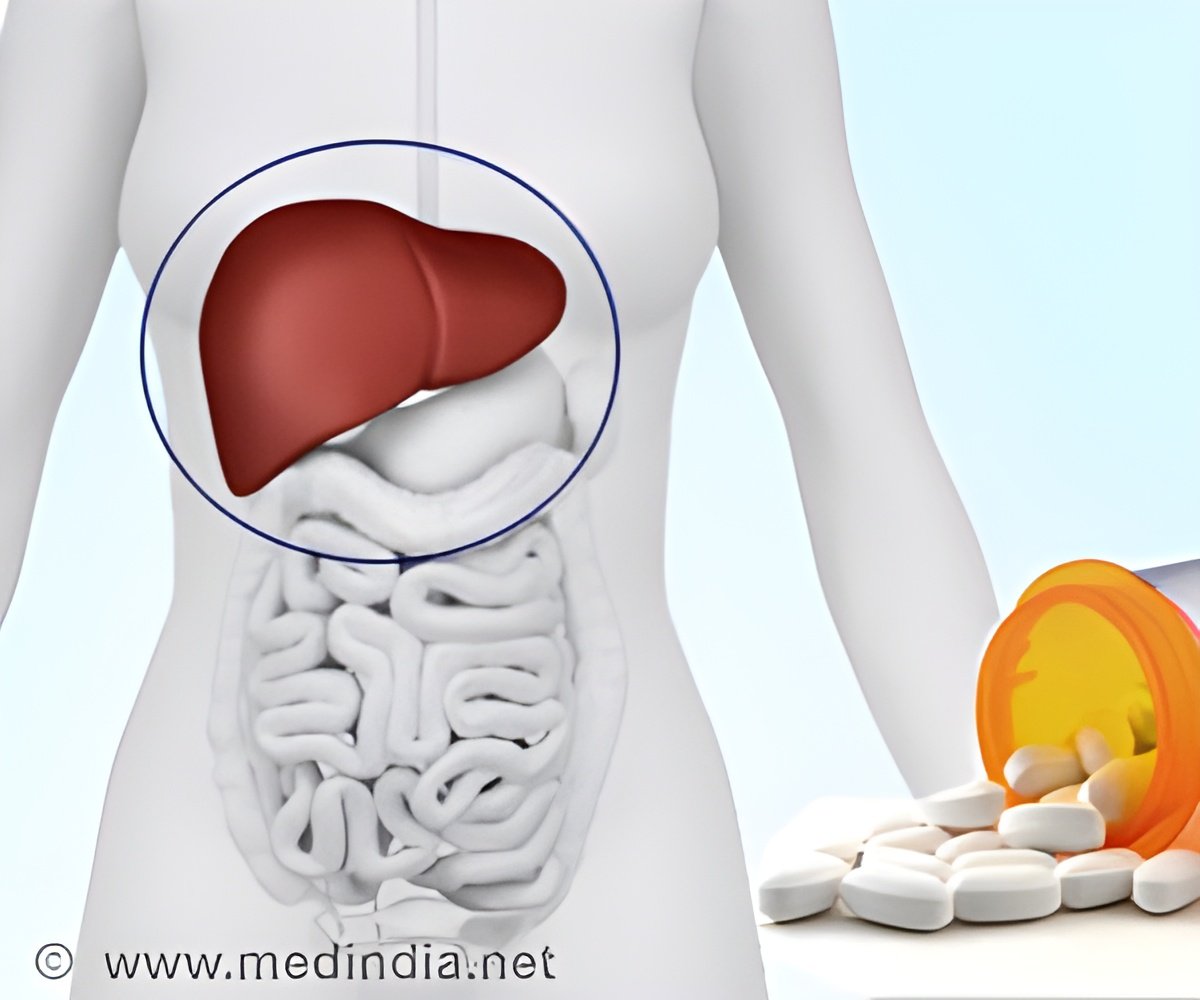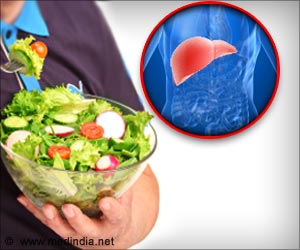Though the link was established in the study, the findings also showed that factors such as alcohol abuse, tobacco, obesity, and diabetes modified the results.

This study was conducted at Kaiser Permanente, Southern California. The researchers recorded all cancer diagnoses in patients over 18 years of age with or without HCV during 2008-2012. They found that in the HCV cohort there were 2,213 cancer diagnoses (1,524/100,000) during the five-year period and 1,654 cancer diagnoses when liver cancer was excluded (1,139/100,000). While, in the non-HCV cohort there were 84,419 cancer diagnoses (605/100,000) during the same five-year period and 83,795 (601/100,000) when liver cancer was excluded. The study authors noted that when all cancers are considered the rate is 2.5 times higher in the HCV cohort; when liver cancers are excluded, the rate is still almost two times higher.
Nyberg said, "However, the findings must be interpreted with caution, as the study also showed that confounding factors such as alcohol abuse, tobacco, obesity, and diabetes modified the results."
The study has been presented at The International Liver Congress 2015 in Vienna, Austria.
Source-Medindia















